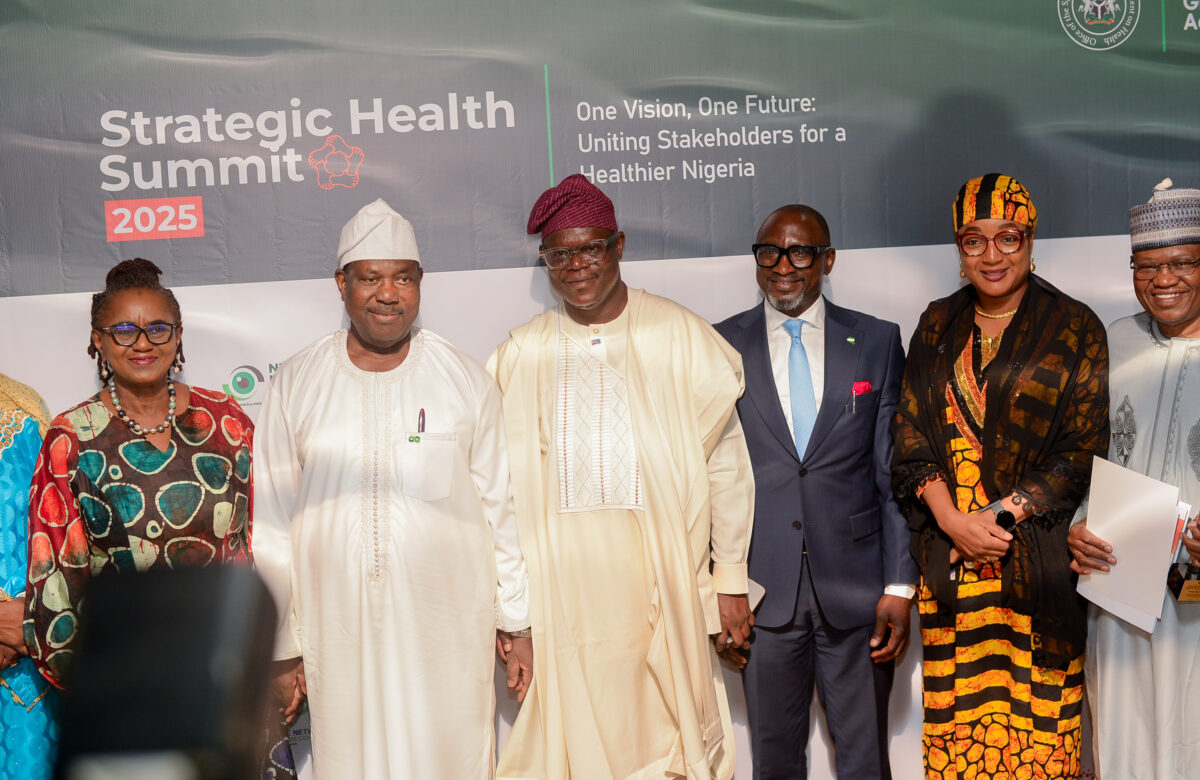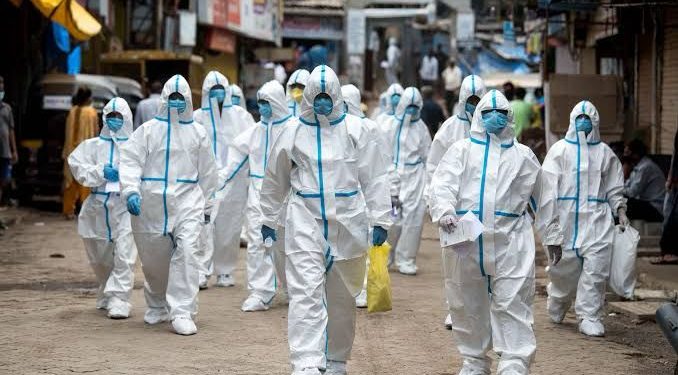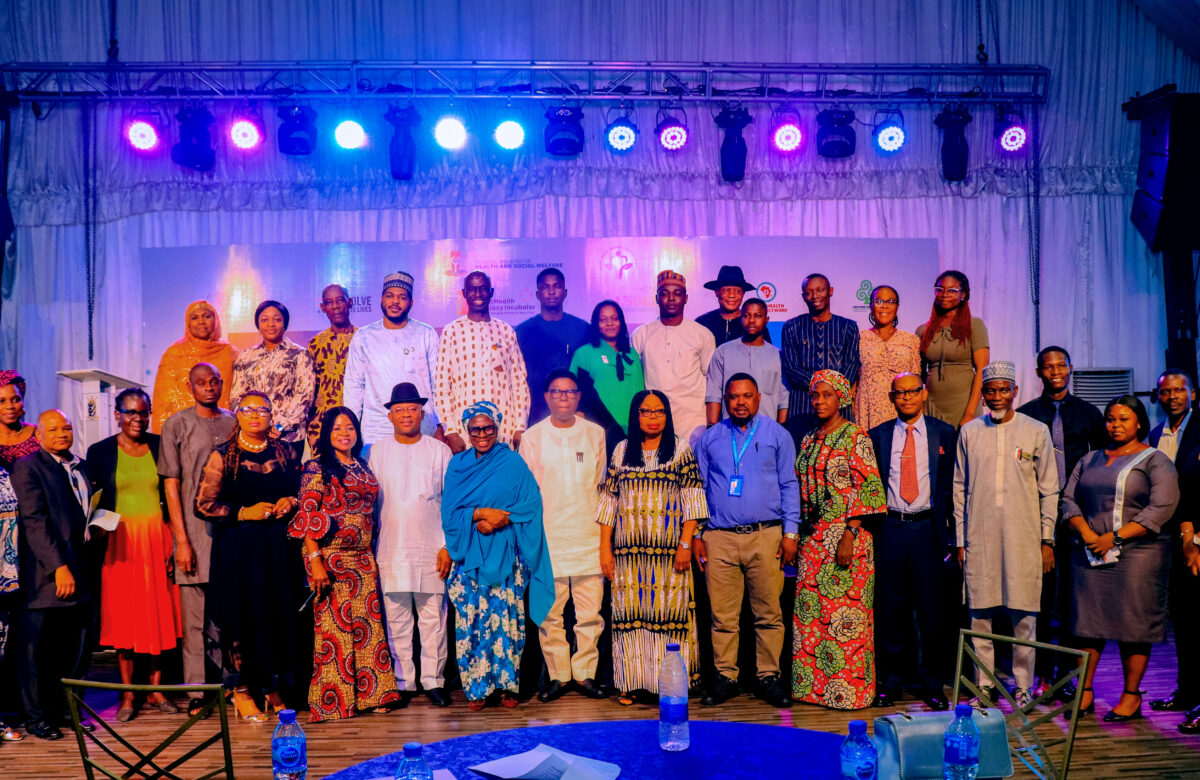
LISDEL – Raising the accountability bar for Health Security financing in Nigeria
- Health Sector
- No Comment
- 435

There has been some significant progress in strengthening health security in Nigeria with investments that have increased the country’s capacity to prevent and detect epidemics through the National Center for Disease Control (NCDC). There remain notable gaps in the public health infrastructure, however, dominant of which is the suboptimal funding for Epidemic Preparedness and Response (EPR) in Nigeria. The currently ravaging COVID-19 pandemic which has stretched the country’s health security infrastructure as well as series of other public health challenges have amplified these gaps which require urgent attention.
To achieve sustainable investment in health security, it is necessary to foster regular dialogues among stakeholders to discuss progress made, identify gaps and bottlenecks hindering progress and share ideas on how to bridge the gaps in achieving health security particularly as it relates to the implementation of the National Action Plan on Health Security (NAPHS).
The Prevent Epidemics project being implemented by LISDEL and funded by Global Health Advocacy Incubator (GHAI) with aims to advocate for improved and sustained domestic financing for EPR in Nigeria collaborated with peer stakeholders on the issue recently. BudgIT, Health Sector Reform Coalition, Nigeria Health Watch and Premium Times partnered with LISDEL to host a multi-sector forum on sustainable financing for epidemic preparedness and response in Nigeria on the 25 February 2021 in Abuja. In attendance were lawmakers, executive members of governments, private sector players, development partners, civil society organisations and the media.
Key issues that resonated during the forum include adequate funding for NCDC through increased budgetary allocation to the agency, inclusion of NCDC as a beneficiary of BHCPF and legislation to assure investment in health security, as the NAPHS requires $439 million (NGN134 billion) for implementation. This would ensure sustainable resource mobilization for EPR in the medium to long term. The private sector needs to complement government’s efforts and their contribution should not be a knee-jerk approach; public and private sector support should be sizeable and substantial to meet up with long term objectives, while continuous and intense engagement and advocacy to the federal and subnational governments as well as private sector must be nonstop.
Stakeholders agreed that it is necessary to ensure complete disbursement of EPR funds through effective engagement and advocacy to key actors and periodic assessment of budget performance. Strengthening investment in EPR through legislative frameworks was also identified as a key strategy to ensure sustained funding is appropriated to meet Nigeria’s EPR needs. Furthermore, building community confidence and addressing trust deficits; effective advocacy for resource mobilization, accountability for EPR, vaccine access through local vaccine production and genomic sequencing were also highlights from the forum that are germane in strengthening health security infrastructure in Nigeria.
Lessons learnt in the Kano State Preventing Epidemics project was shared. The project in Kano State through collaborations, engagements/consultations and key partnerships was able to deliver the creation of a budget line worth N300million in the recently approved Kano State 2021 Budget; while commitments to invest at least N2million by each of all the Local Governments in the State for EPR was also secured.
Contributor: LISDEL
Written: Ademuyiwa Bamidele
Edited: Abude-Aribo Juliana





